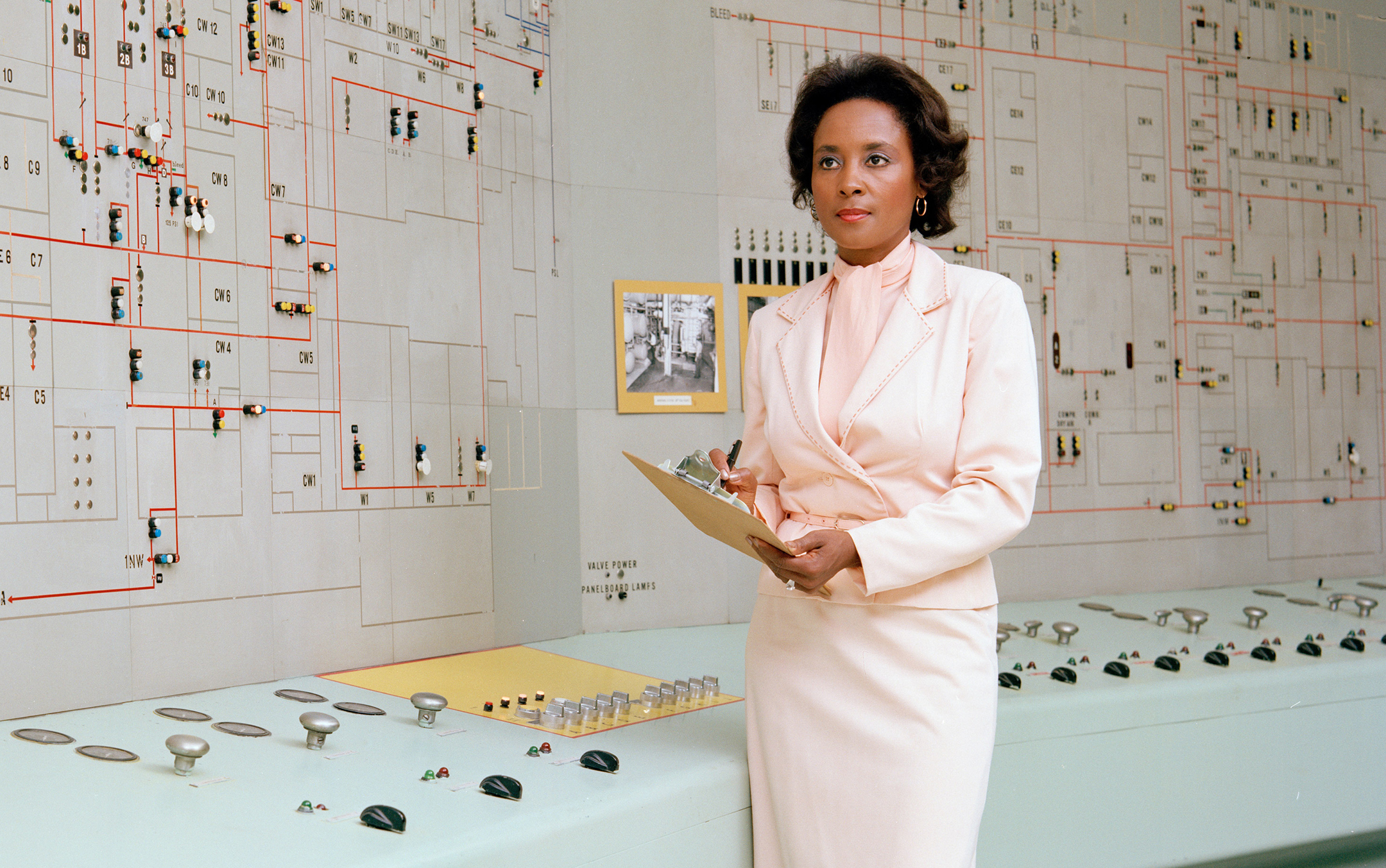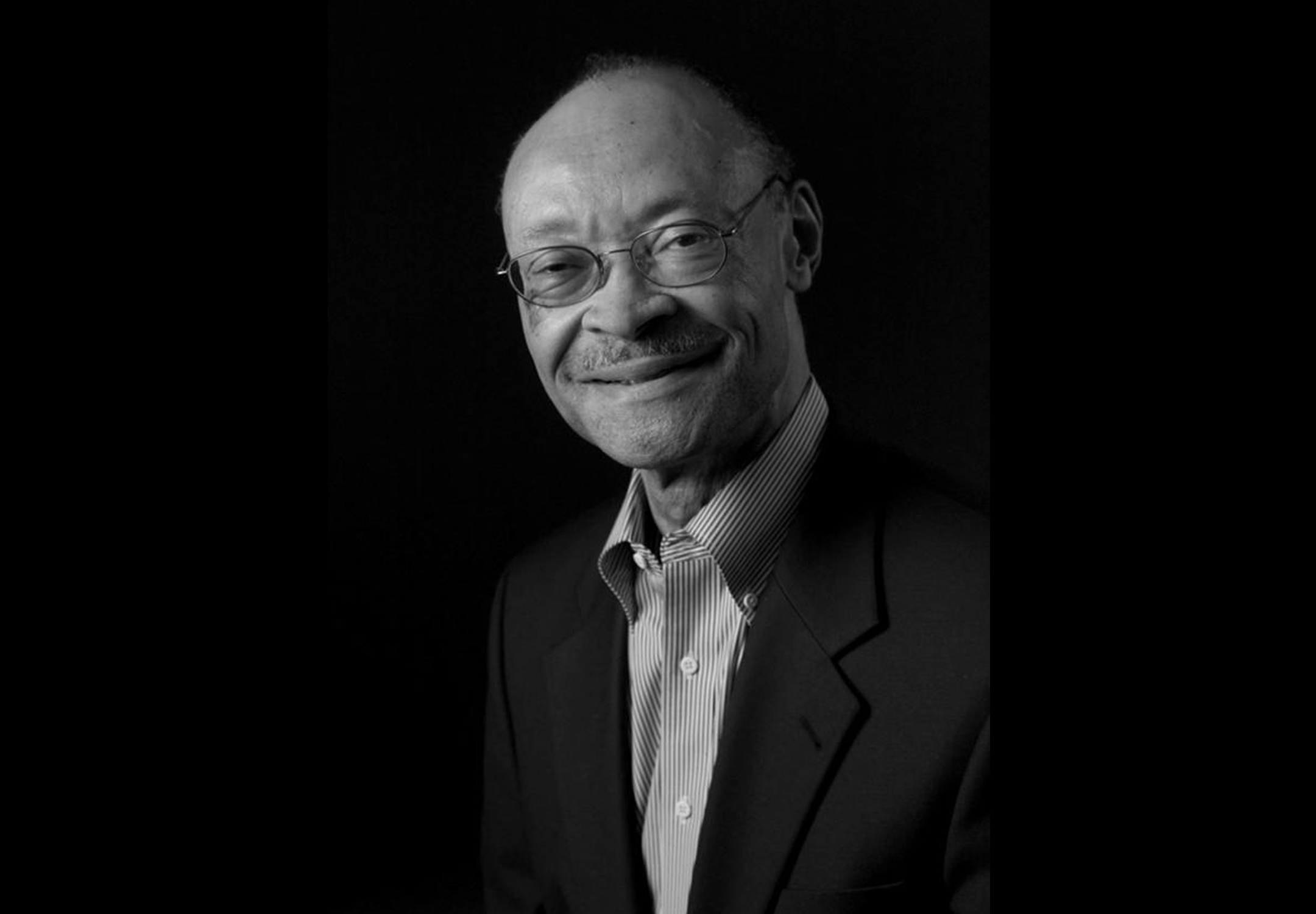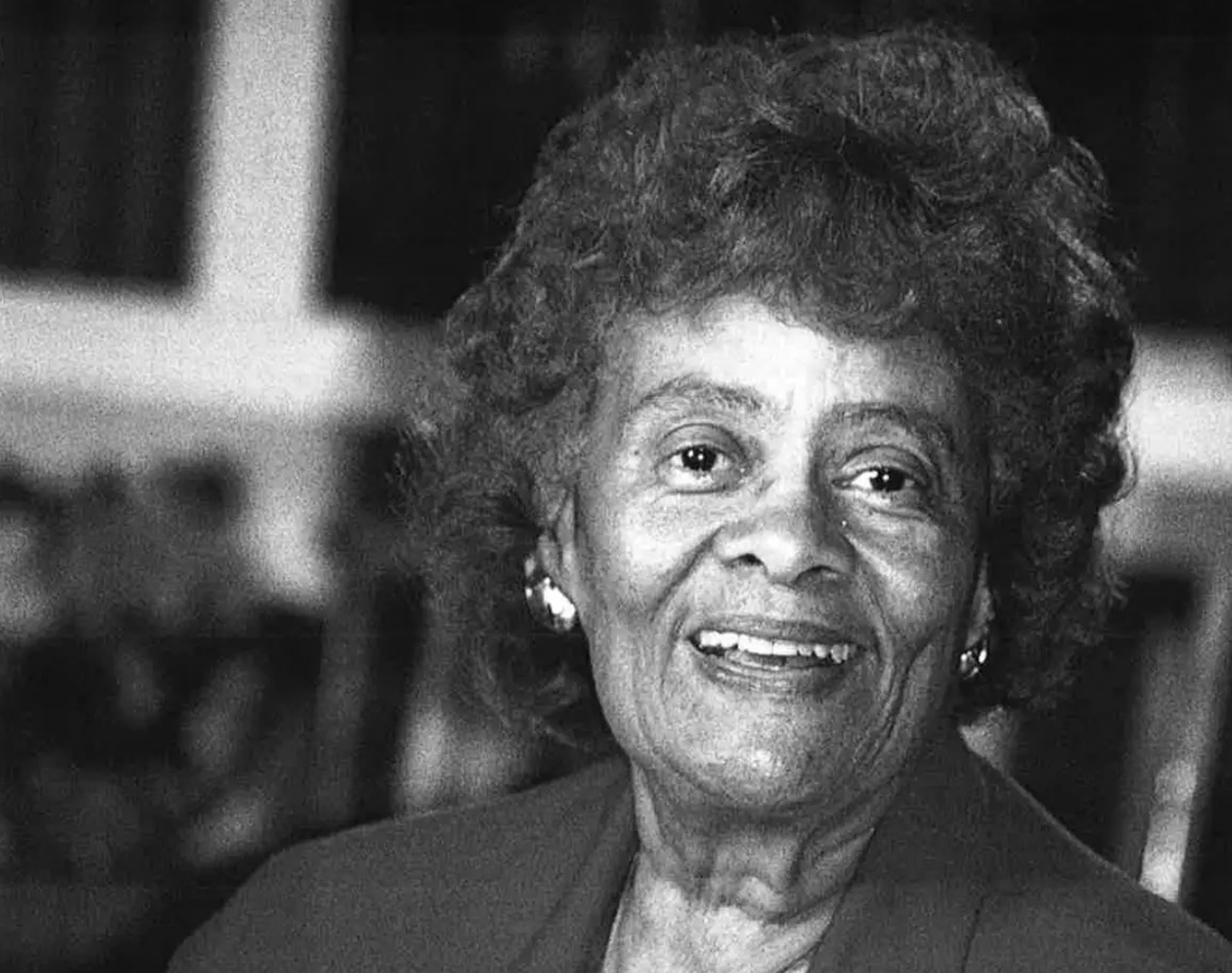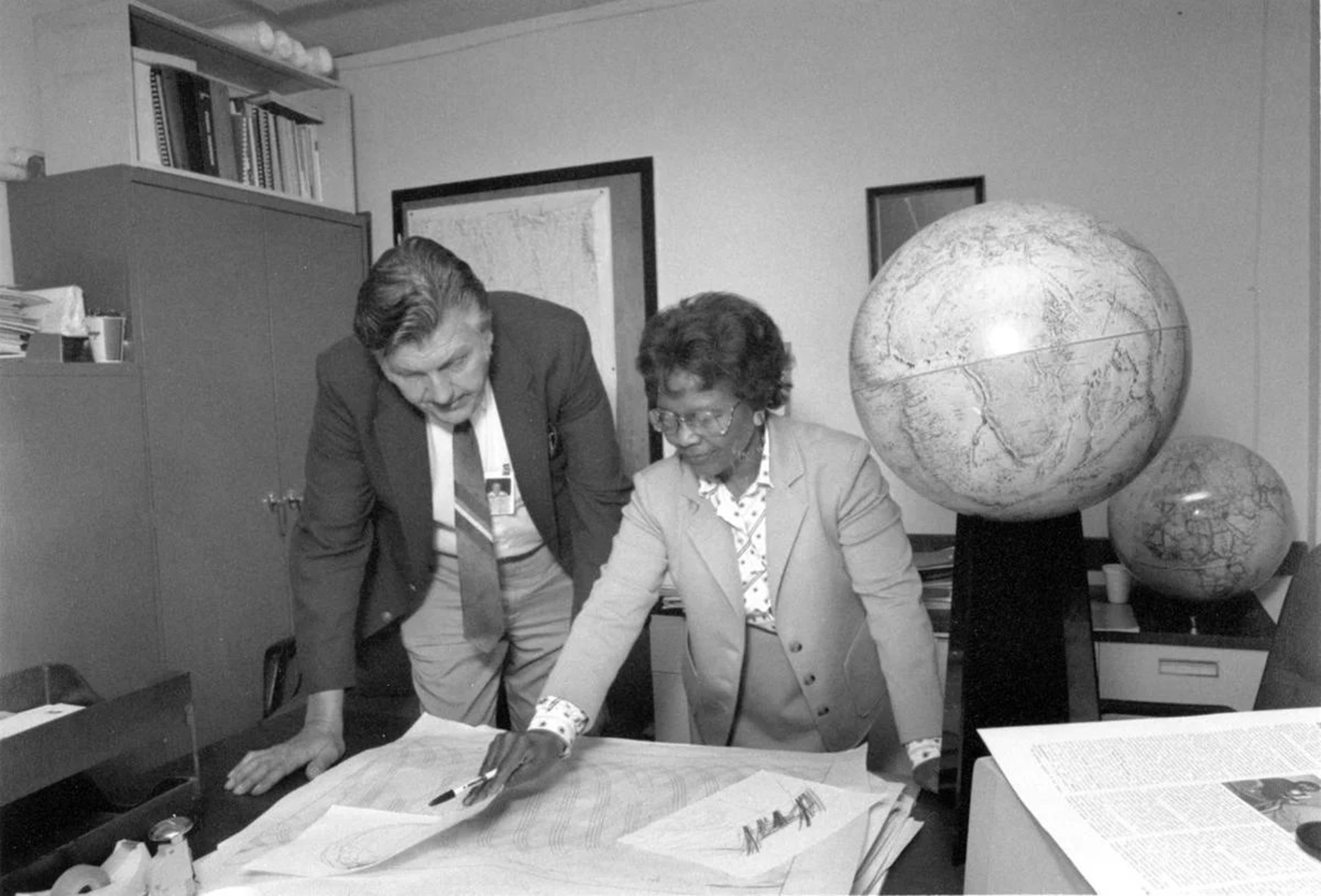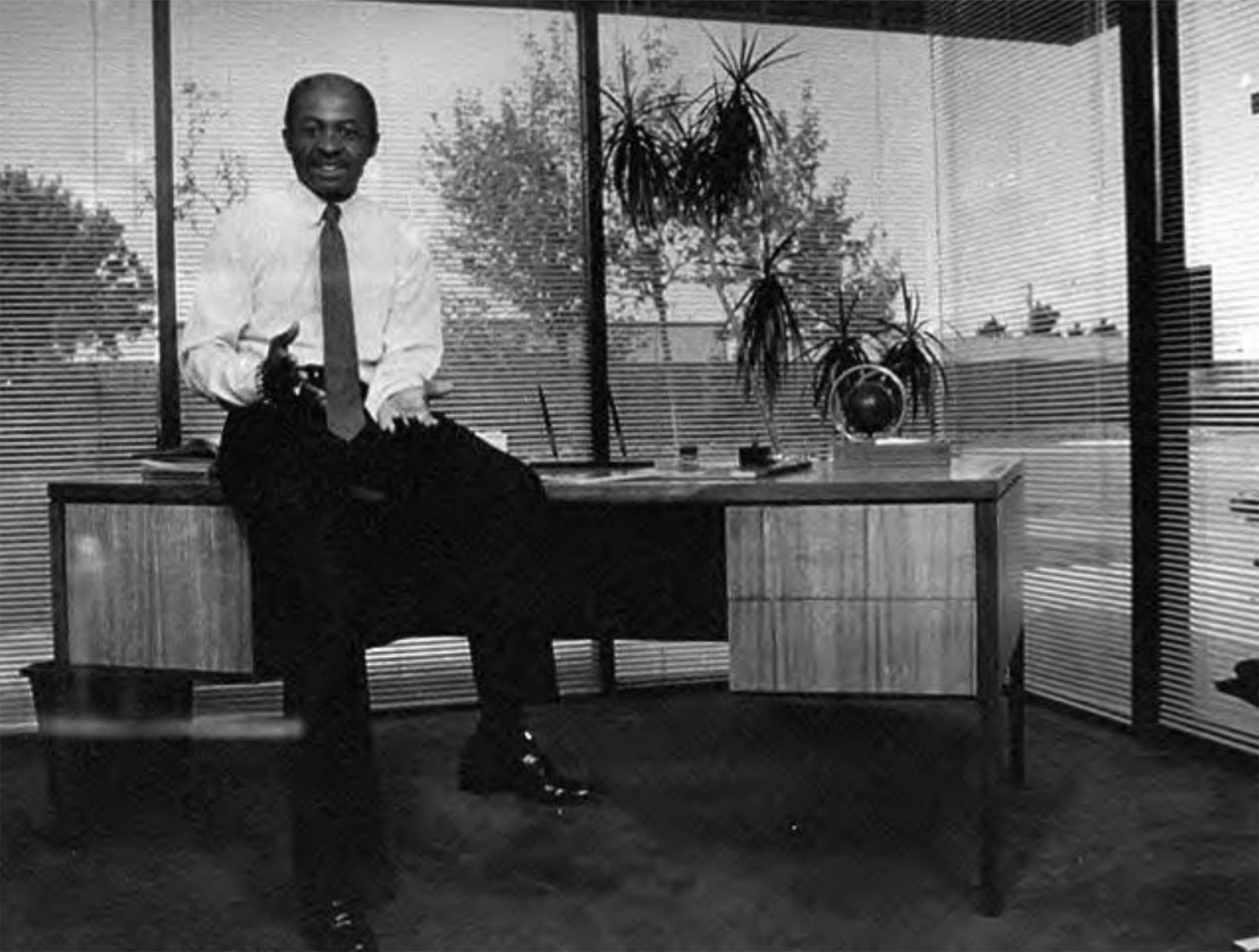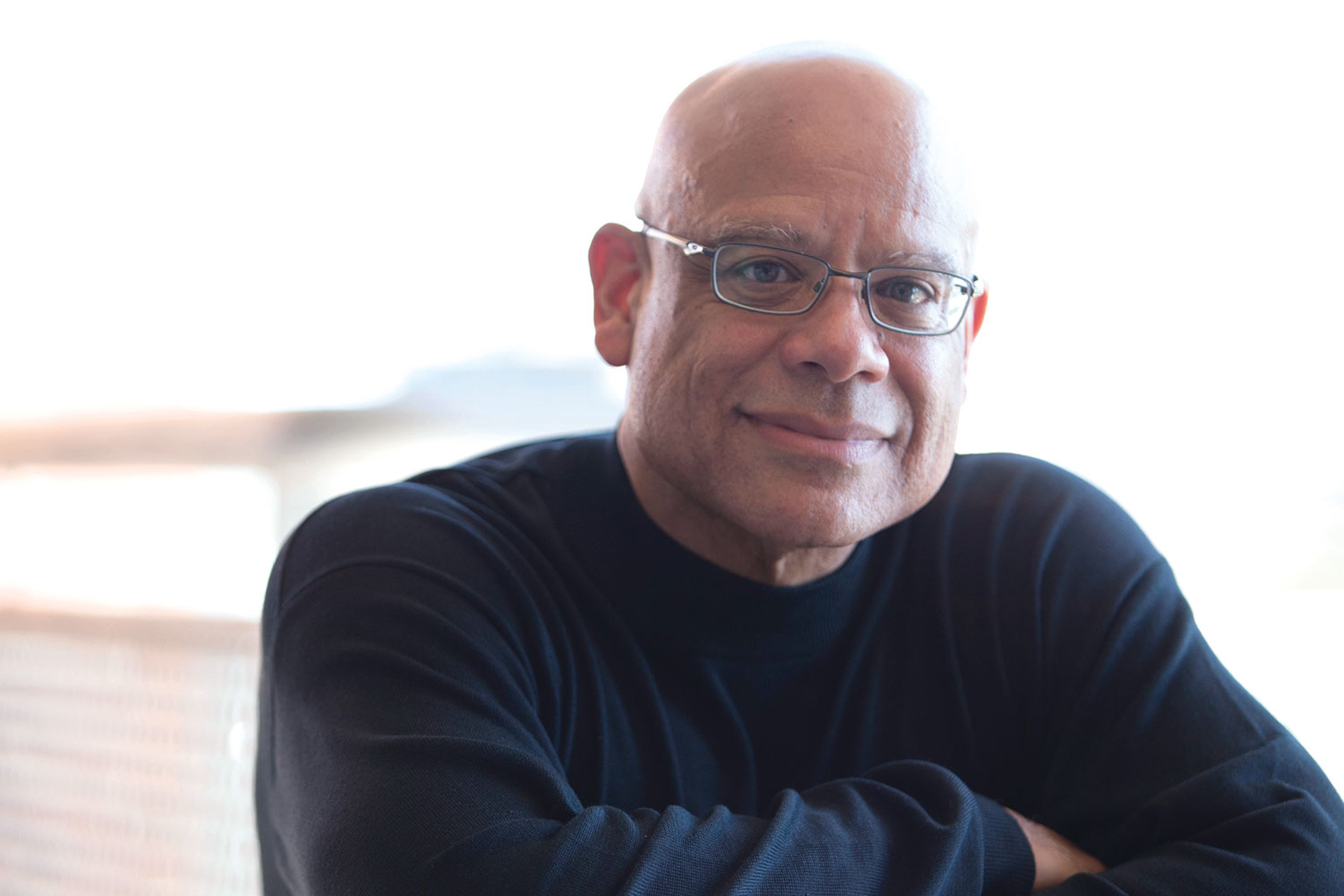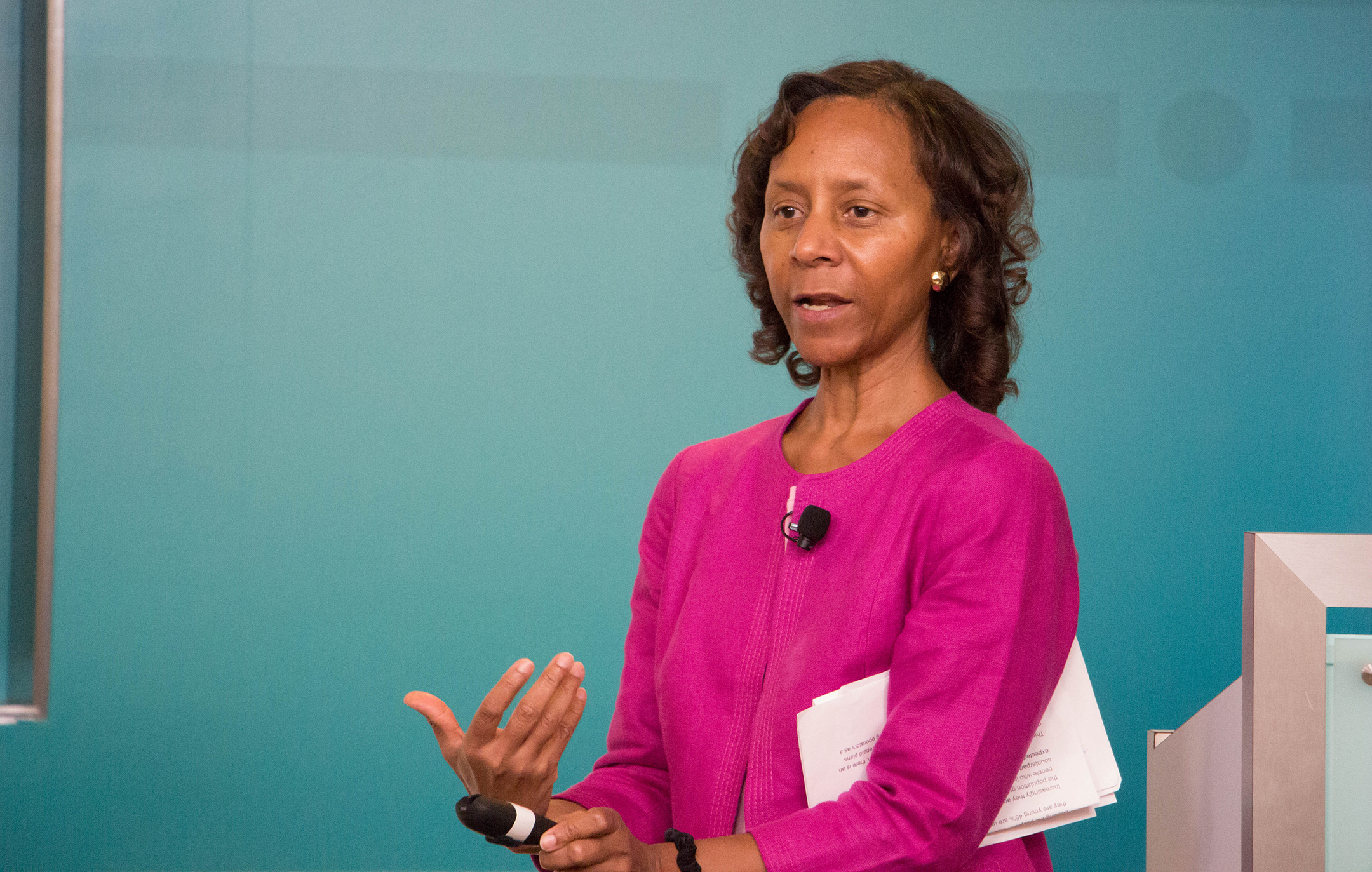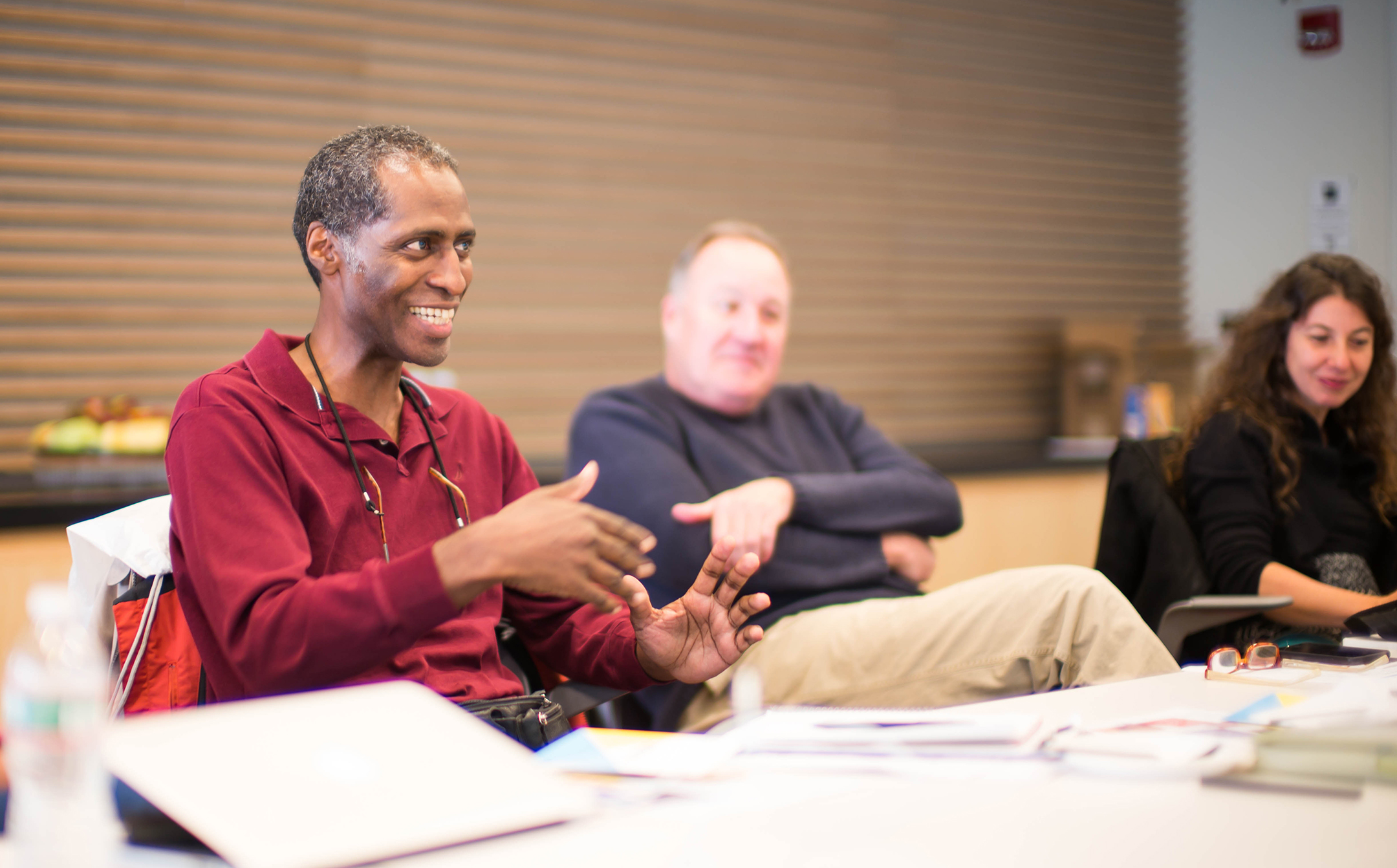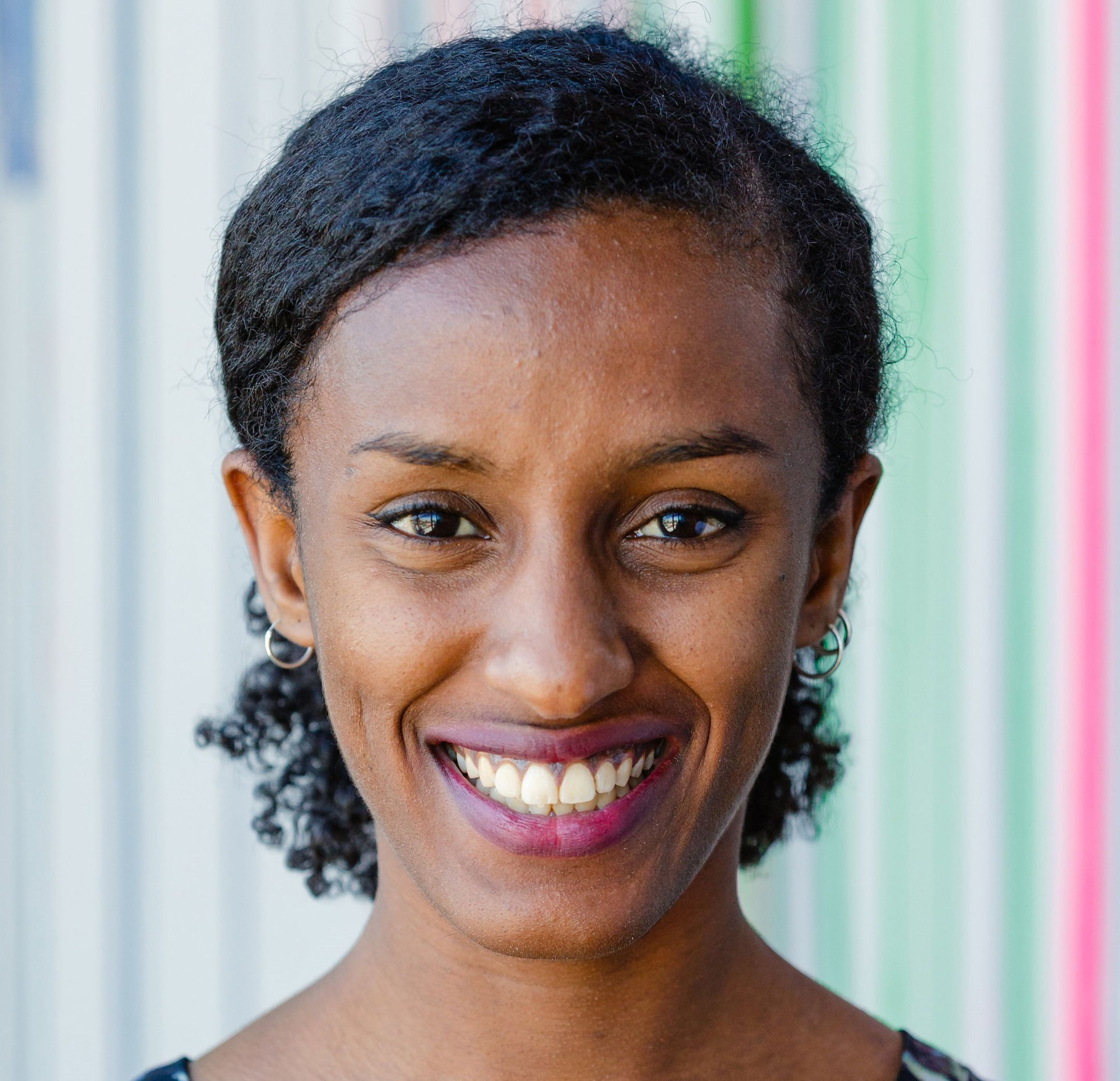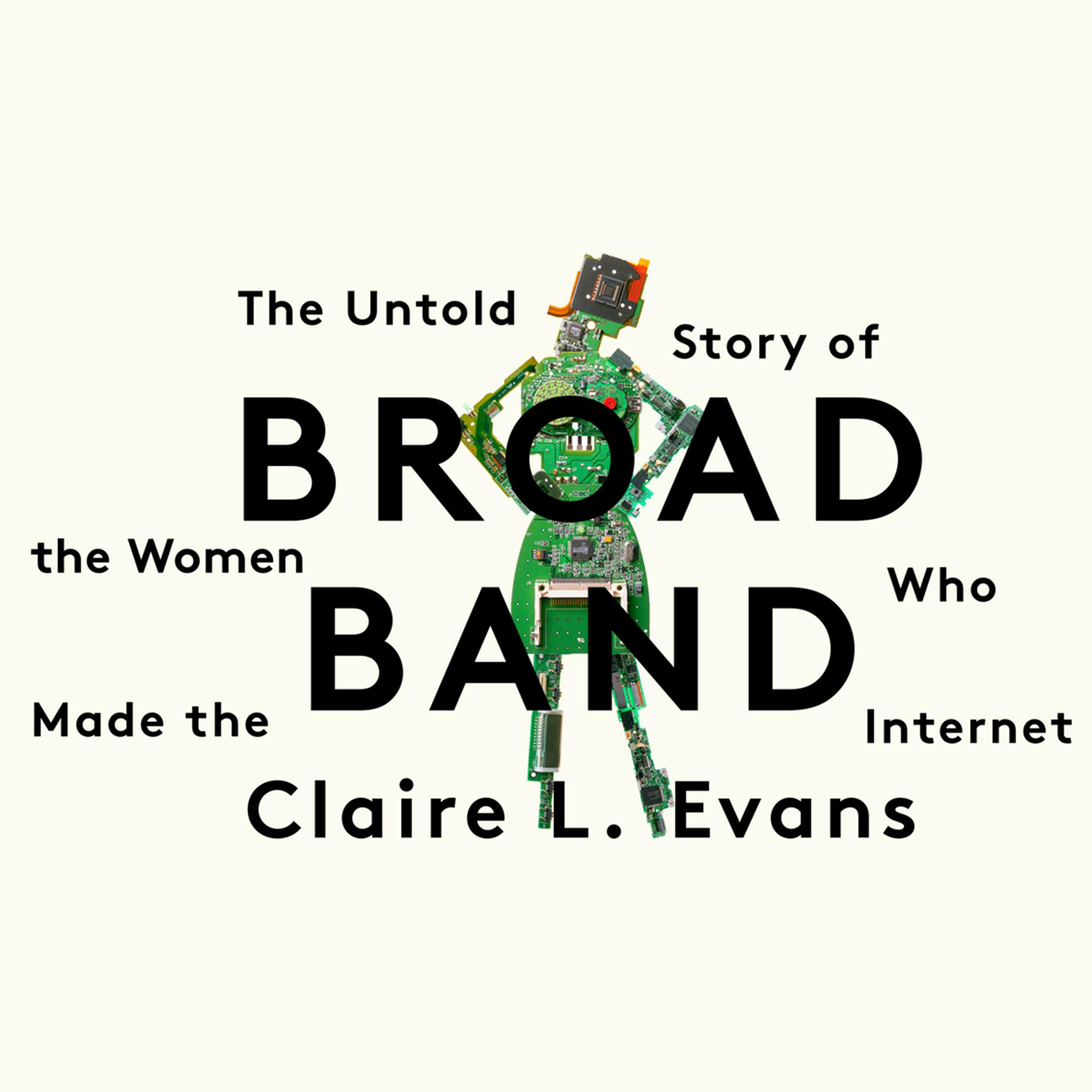
Feature
10 Black Computer Science Pioneers Everyone Needs to Know
A celebration of some of the many overlooked and unsung innovators who built—and continue to shape—our digital (and IRL) lives.
Our technology-driven world changes so quickly—from a steady stream of new, increasingly more powerful smartphones to eerily lifelike artificial intelligence to smart, well, everything—that it’s easy to forget that this wasn’t always how things were. Computers used to be the size of large apartments. Microchips could be as large as dinner plates. And going on the Internet meant connecting to the World Wide Web using a telephone connected to wires in the walls.
The 21st century is the product of countless innovators and breakthroughs. But in our genius-founder-first conversations about tech and Silicon Valley, it’s easy to forget no one person is responsible for all that we see. And it’s even easier to overlook the incalculable number of contributions from generations of computer scientists, mathematicians, and engineers who don’t fit the commonly-held profile of the computer scientist, mathematician, and engineer.
But it’s impossible to overstate how important people of color and women have been to the digital world we all inhabit, from Granville T. Woods—the 19th century inventor hailed as the Black Edison—to NASA’s postwar “hidden figures” generation, represented by Katherine Johnson and Dorothy Vaughan. Black men and women are responsible for GPS and the tech in hybrid car batteries and how we connect devices like printers to our computers and the programming behind clickable icons. And that’s just for starters.
The constellation of Black computer science achievement is bright and vast, larger than any one article (or even one book) can contain. Still, The Elective wants to offer a starting point for getting to know these often unsung geniuses and role models. So here, in a rough chronological order, are 10 of the most influential Black computer science pioneers who have built—and continue to build—the future.
Click on the image or name to be taken to a short profile of each pioneer.
Annie Easley—Early NASA Computer Programmer
“I was not about to be [so] discouraged that I’d walk away… I’m out here to get the job done, and I knew I had the ability to do it, and that’s where my focus was."
Frank S. Greene—One of the First Black Technologists
“Making it through life was a civil-rights activity in itself.”
Evelyn Boyd Granville—Computer Programmer and Second Black Woman to Earn a PhD in Math
“As I was growing up, I never heard the theory that females aren't equipped mentally to succeed in mathematics."
Clarence "Skip" Ellis—Officetalk Creator and Icon-Based GUI Pioneer
“People put together an image of what I was supposed to be. So I always tell my students to push.”
Gladys West—GPS Technology Pioneer
“We always get pushed to the back because we are not usually the ones that are writing the book of the past. Now we’re getting a little bit more desire to pull up everyone else that’s made a difference."
Roy L. Clay Sr.—Godfather of Silicon Valley
"My sole interest is to work with young Black males to encourage them to learn how to do things well.”
Mark Dean—Developer of Industry Standard Architecture and the IBM PC
“A lot of kids growing up today aren’t told that you can be whatever you want to be. “There may be obstacles, but there are no limits.”
Marian R. Croak—Developer of Voice of Internet Protocol (VoIP)
“I realized I had to advocate—loudly!—for that technology if AT&T was going to maintain its leadership position. The key was finding a few coworkers who shared my conviction.”
John Henry Thompson—Creator of Lingo Programming Language
"I want to make it easy for people to use the computer as an expressive instrument and to inspire people to learn about themselves and the world."
Rediet Abebe—Researcher and Cofounder of Black in AI and Mechanism Design for Social Good
“It’s important to note what the computer science community looks like and who get to call themselves computer scientists.”

